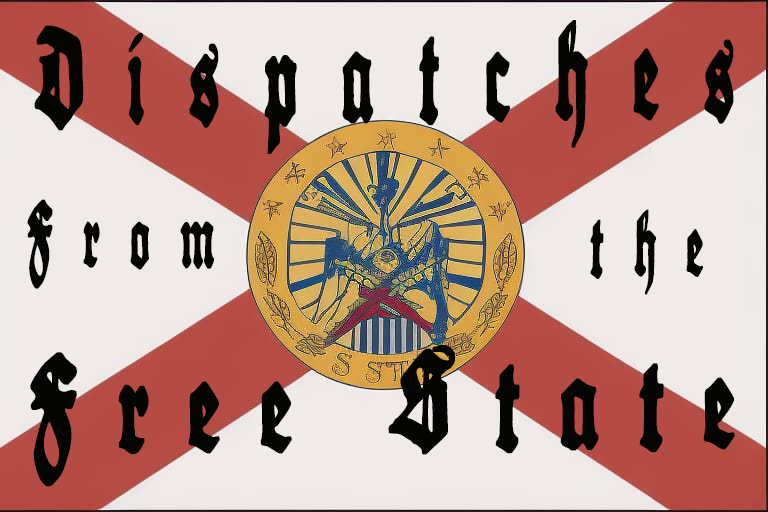It’s always difficult arguing against the death penalty. It really doesn’t matter on what grounds one is making such an unpopular (in the US) stand. The bottom line always devolves to the accepted eye for an eye concept that those who take a life deserve to die. Indeed, when one considers the kinds of psychotic and sadistic killings that make the headlines, the rape/murders of children, mass murder, serial murder, it’s hard, if not impossible, to suggest that those who commit such violence do not deserve to die. In fact, such people do deserve to die. I have no sympathy for such monsters, myself.
The question for me has always been, “can the state, or any institution for that matter, be trusted with the responsibility to decide who should live and who should die?” The sociology behind this question is clear. No system known to man is flawless enough, rational enough, objective enough to make such a decision.
The United States is the only western power that uses the death penalty. Since the death penalty was reinstated in the late seventies violent crime has risen and fallen without regard to capital punishment. The system itself has been soundly criticized for being burdened with racial, ethnic and class biases. The expense of pursuing capital punishment is astronomical, leading some to call for less time on death row with quicker implementation of the sentence. Such a strategy would be disastrous considering the number of people who have been exonerated after many years on death row. The death of Cameron Todd Willingham in 2004 is just the only example of an innocent man being put to death. It’s unknown how many more innocent people have been executed as investigations almost always end after the death penalty has been successfully applied.
This last fall The American Law Institute, the group that was instrumental in the reinstatement of the death penalty as a legitimate punishment, rescinded it’s opinion on capital punishment (this paragraph references the linked article). The ALI cited “…the current intractable institutional and structural obstacles to ensuring a minimally adequate system for administering capital punishment. According to the New York Times: “A study commissioned by the institute said that decades of experience had proved that the system could not reconcile the twin goals of individualized decisions about who should be executed and systemic fairness. It added that capital punishment was plagued by racial disparities; was enormously expensive even as many defense lawyers were underpaid and some were incompetent; risked executing innocent people; and was undermined by the politics that come with judicial elections.”
This is not news to sociologists. Capital punishment decisions have a long history of reflecting societal prejudices rather than justice. What is the acceptable level of error in a system designed to kill only those who are deserving?







Leave a comment